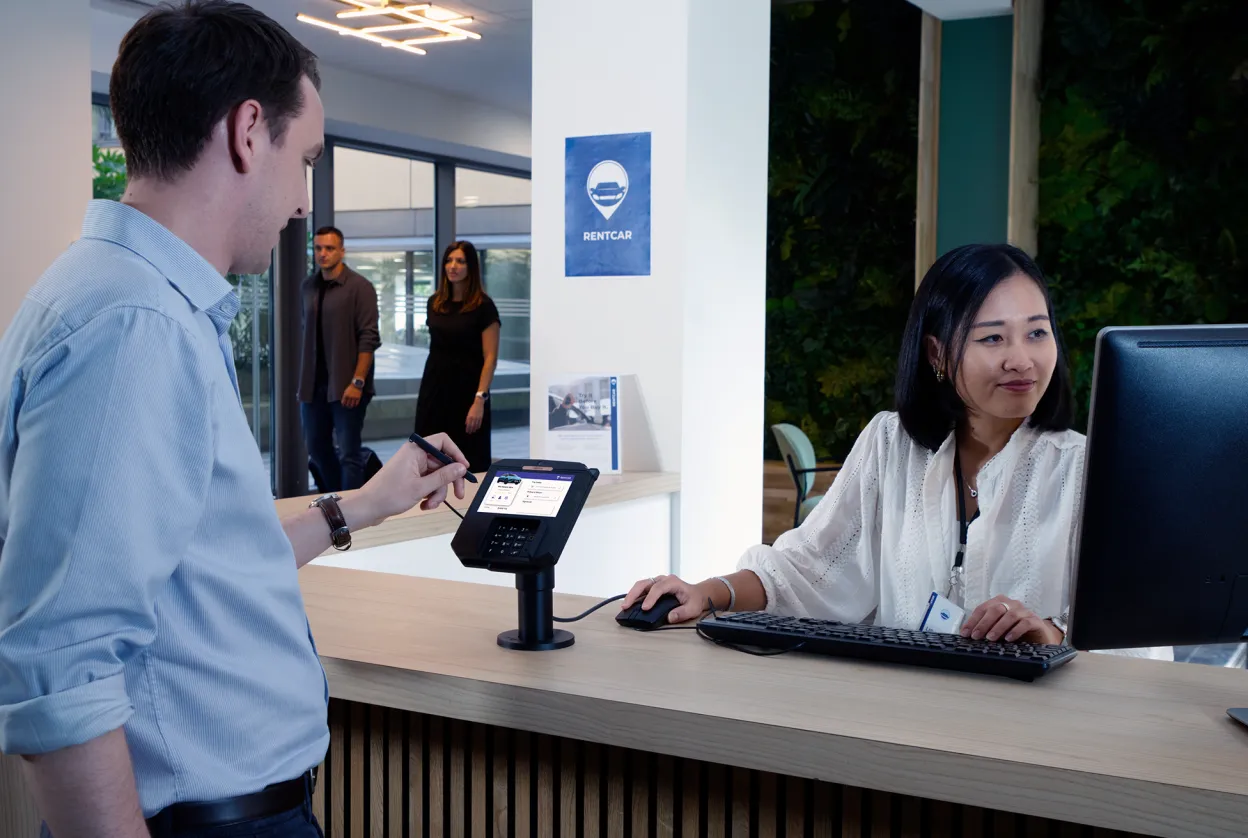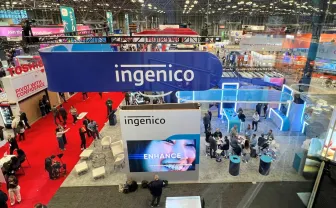Take the Complexity Out of Payments Integration with Hardware Devices
Listen to this article

ISVs and VARs face a growing challenge: providing payment solutions that address evolving in-store processes. Merchants are no longer only lining up customers at a counter to check out. They are crafting customer-first experiences that include accepting payments in the aisles, outside in the drive-thru or curbside, and at a customer’s home after order or service delivery. Traditionally, providing a total solution required payments integration with devices with different kernels and various APIs so that merchants can use the right payments hardware with the right functionality in the right places. Furthermore, the process to integrate, test, and certify often takes years, putting you behind in the race to the market. And once your solutions are in place, maintaining multiple payments integrations drains time and resources.
There’s a Better Approach to Payments Integration
Overcoming this challenge requires partnering with a payment technology company that has a different approach to payment hardware integration. Most companies start with terminals and the software that makes them work. However, consider what happens when the payment technology company first develops a platform that supports a variety of terminals and has backward compatibility for terminals merchants are already using.
A robust platform also gives merchants access to a wide range of payment services and business applications offered by the payment technology company’s partners. One integration with the platform takes care of it all. Furthermore, if your customer wants to add a new capability, for example, SoftPOS that allows them to accept payments directly on a mobile device, it’s already covered by the platform - no additional work by your team is required. So, the platform approach to payments integration not only lessens your workload today, but it also gives you a future-proof solution for payments integration.
Making a Platform Approach to Payments Integration Work
Platforms that position VARs and ISVs for the most success strike a balance between functionality and flexibility. A platform that enables standard payment functionality but still gives you control over UI elements enables you to deliver a “custom” implementation without the complexity.
Additionally, with one integration with a payments platform, your partner addresses the lion’s share of security issues. With a well-designed platform, VARs and ISVs can count on their payments integration partner to address current (and future) Payment Card Industry (PCI) requirements for secure digital payment acceptance.
What to Expect in the Future of Payments Integration
The platform approach is likely to become more common in the future, but it will continue to evolve. As trends like using Kotlin to create code once and use it across multiple platforms gain momentum, look for payment platforms to support a wider variety of devices, from Android terminals and unattended devices to mobile devices running iOS.
To keep up with the demands of merchants determined to capture market share by delivering the experiences their digital-first customers want, leading payment technology companies will develop platforms to support more devices, more payment types, and more commerce applications.
The outlook is exciting; however, most payment technology companies aren’t yet taking a platform approach. They’re still developing terminals and software that make them (and only them) work. However, you can partner with a company that offers you a platform, allowing you to create reliable payment solutions that meet your customers’ needs backed by security and customer support.
Ingenico stands apart from the field with AXIUM Retail Core (ARC). It supports both integrated and semi-integrated solutions for Android-based AXIUM terminals and backward compatibility for Tetra, Moby, and Telium2. It also includes a full range of APIs for value-added applications and business enablement.
Are you ready to learn more about the benefits of a platform approach and ARC from Ingenico? Give us a call.










